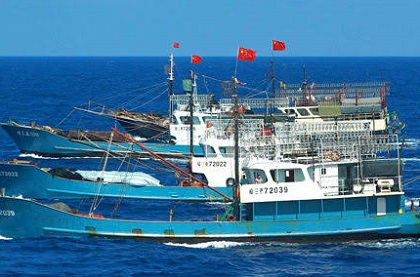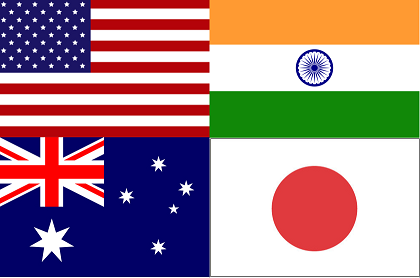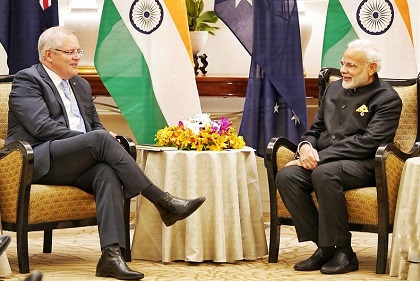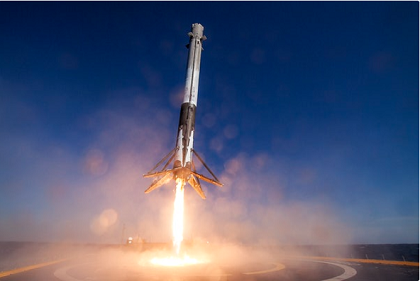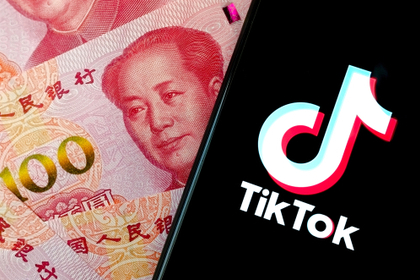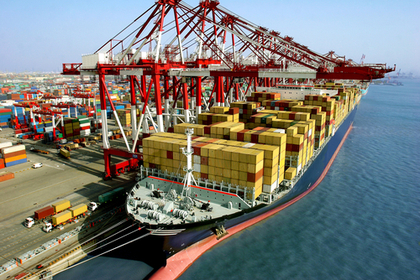Mumbai-Shanghai: two COVID-19 stories
The sister cities of Mumbai and Shanghai have a shared history, population size, and economic significance. On 29 May, a roundtable between the Shanghai Institute of International Studies and Gateway House encouraged discussion on strategies to battle COVID-19, and kick-start city economies after a lockdown. Here are some workable solutions.



